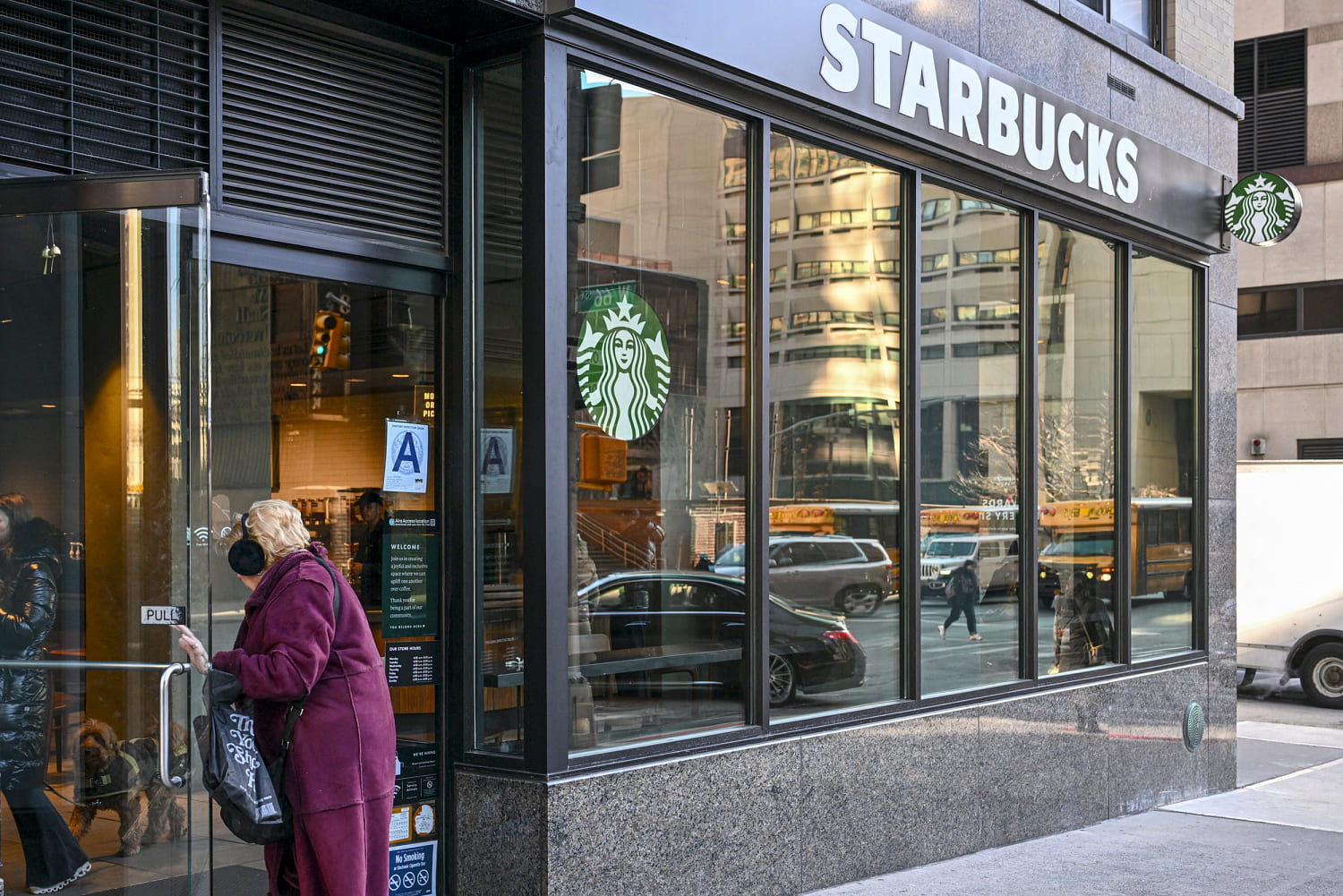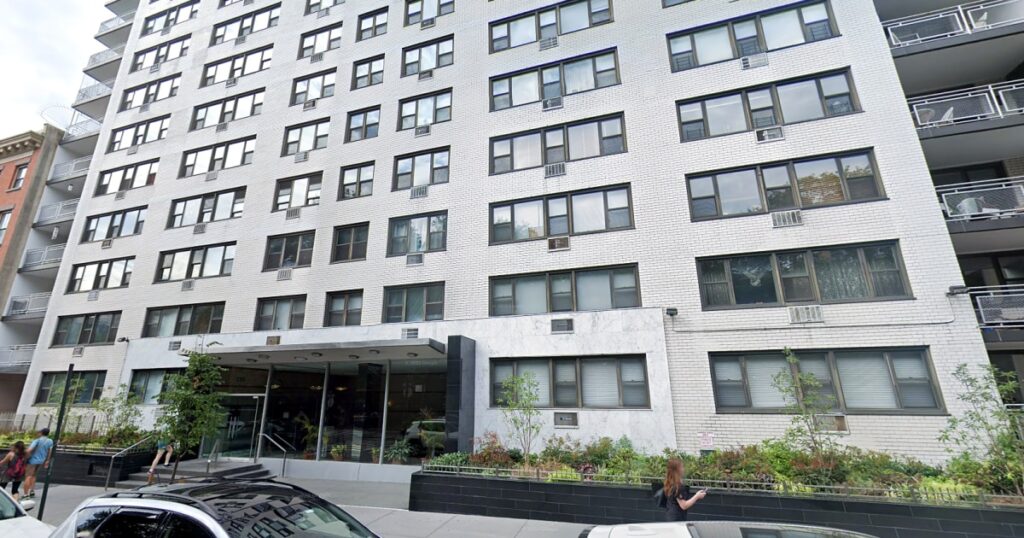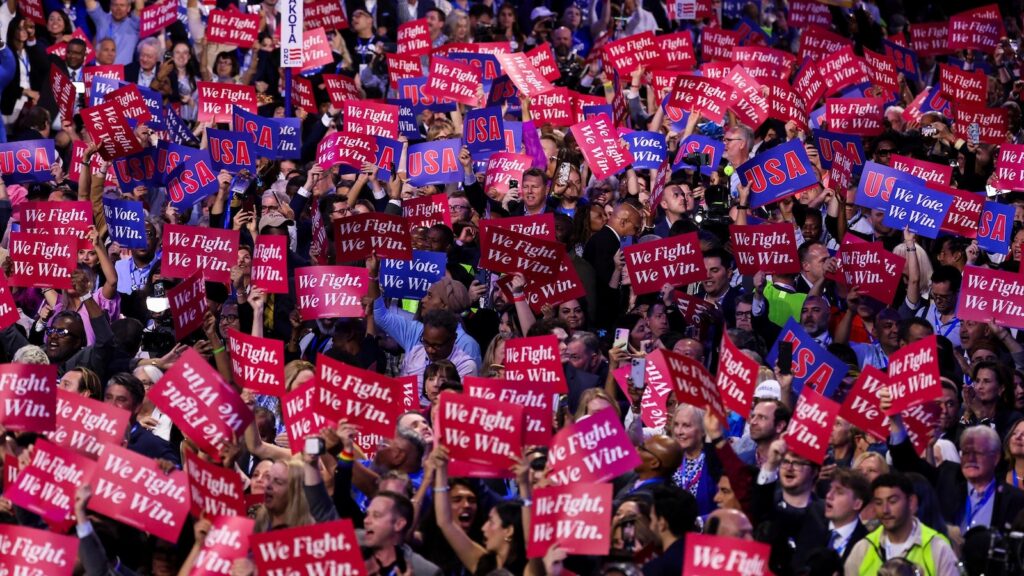
Starbucks, which said this week that it’s ending free bathroom access and requiring people to make a purchase to occupy its stores, revealed the new policy around the same time Walgreens acknowledged that its profits suffered after locking down the items on its shelves. In other words, one company is admitting it’s bad business to treat those who enter as potential ne’er-do-wells while the other is embracing the idea. Starbucks says its policy allowing everyone to enter and sit has led to disruptive behavior, including drug use.
One company is admitting it’s bad business to treat those who enter as potential ne’er-do-wells while the other is embracing the idea
It was only a few months ago Starbucks reported that traffic to its U.S. stores had dropped 10%, and its new CEO described a plan that included the return of cozy furniture and ceramic mugs and the company ordering 200,000 Sharpies to re-create the nostalgia of baristas misspelling customers’ names on the side of their cups. All those plans were, according to CEO Brian Niccol, in service to making the chain a more welcoming “third space” again.
Americans, young and old, are in desperate need of such places away from home and away from the office (or school) where they can linger and be around other people. The surgeon general, Dr. Vivek H. Murthy, said in a 2023 report that “loneliness and isolation represent profound threats to our health and well-being” and that the “mortality impact of being socially disconnected is similar to that caused by smoking up to 15 cigarettes a day.” Even if it isn’t as bad as all that, the problem still needs to be called out and recognized.
Referring to lonely people, The Beatles ask in “Eleanor Rigby,” “Where do they all come from?” But the better question in that song is “Where do they all belong?”
Narae Lee, who analyzes the health impacts of physical and social environments, told NBC’s “TODAY” that even indirect social contact can do wonders for someone’s psychological well-being: “Some people go to third places to be surrounded by other people, watch them and rest while just enjoying the ambience and white noise.”
Outside of libraries (where verbal socializing isn’t always appreciated), public parks (which can get too hot, too cold or too wet), and malls (which are being rapidly replaced with Amazon distribution centers), there aren’t that many places people can leisurely hang out without feeling rushed to get back to the responsibilities waiting for them at home or at work.
The coffee shop is one of the cheapest third-space options there is, and, for a little while, Starbucks made it free. The new policy treats people as freeloading loiterers until they prove otherwise and says staff “may ask for help from law enforcement” to have them removed. It’s difficult to cultivate a third space when you’re adopting a policy that makes baristas narcs.
It’s difficult to cultivate a third space when you’re adopting a policy that makes baristas narcs.
After arguing that the Starbucks experience had gotten to the point where it “can feel transactional,” Niccol promised in an open letter in September that “our stores will be inviting places to linger, with comfortable seating, thoughtful design and a clear distinction between ‘to-go’ and ‘for-here’ service.”
The pay-or-go policy is the epitome of a transactional experience.
Though it’s not in my nature to camp out in coffee shops without buying anything, I have, at times, made my first order of business answering nature’s call. And if I’m meeting someone, I may wait for their arrival before ordering. If I’m in Starbucks going forward, will I now be rushed to order or told to leave the premises?
In Philadelphia in 2018, two men, Black like me, attempted to use a Starbucks restroom ahead of the arrival of a third person, but they ended up being detained for eight hours after a white barista accused them of trespassing and called the police. It was after that embarrassing episode that Starbucks said it was changing its policy to allow people to sit in the store without making a purchase.
Now, it’s saying that you’ve got to buy something or leave — because of danger.
Given the way the frequency of shoplifting appears to have been exaggerated to justify places like Walgreens locking up deodorant and mouthwash and even closing stores, it’s probably wise to be a bit skeptical of Starbucks’ claim that too many people are out of control. In 2022, when the company announced it was shuttering 16 stores because of threats to its staff, some workers suspected that the move was a response to a Starbucks unionization effort spreading across the country.
It’s probably wise to be a bit skeptical of Starbucks’ claim that too many people are out of control.
It was mere coincidence, Starbucks wanted us to believe, that the stores it deemed too dangerous to operate included two that had voted to unionize and another that had petitioned for a union vote.
The Walgreens CEO said, “When you lock things up … you don’t sell as many of them. We’ve kind of proven that pretty conclusively.” And that seems like a lesson Starbucks could learn: When you adopt policies that scream “We don’t trust you” to everybody who enters, you’re discouraging them from returning.
I don’t know if the new policy will hurt Starbucks’ bottom line. And I can’t even profess to care. But we should all worry that in a country that has so few places that allow people to just sit and be, this policy heralds the loss of one more.



